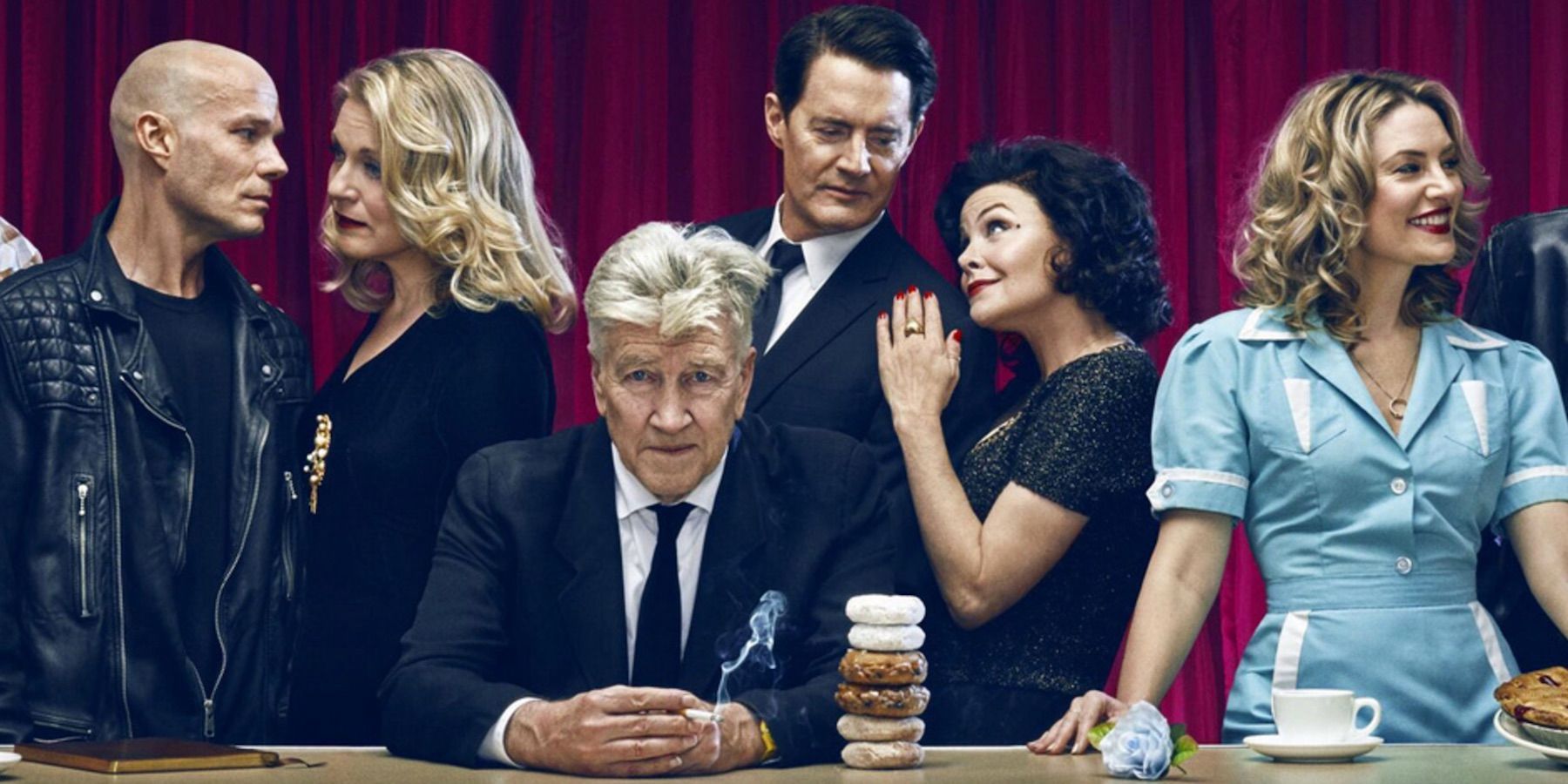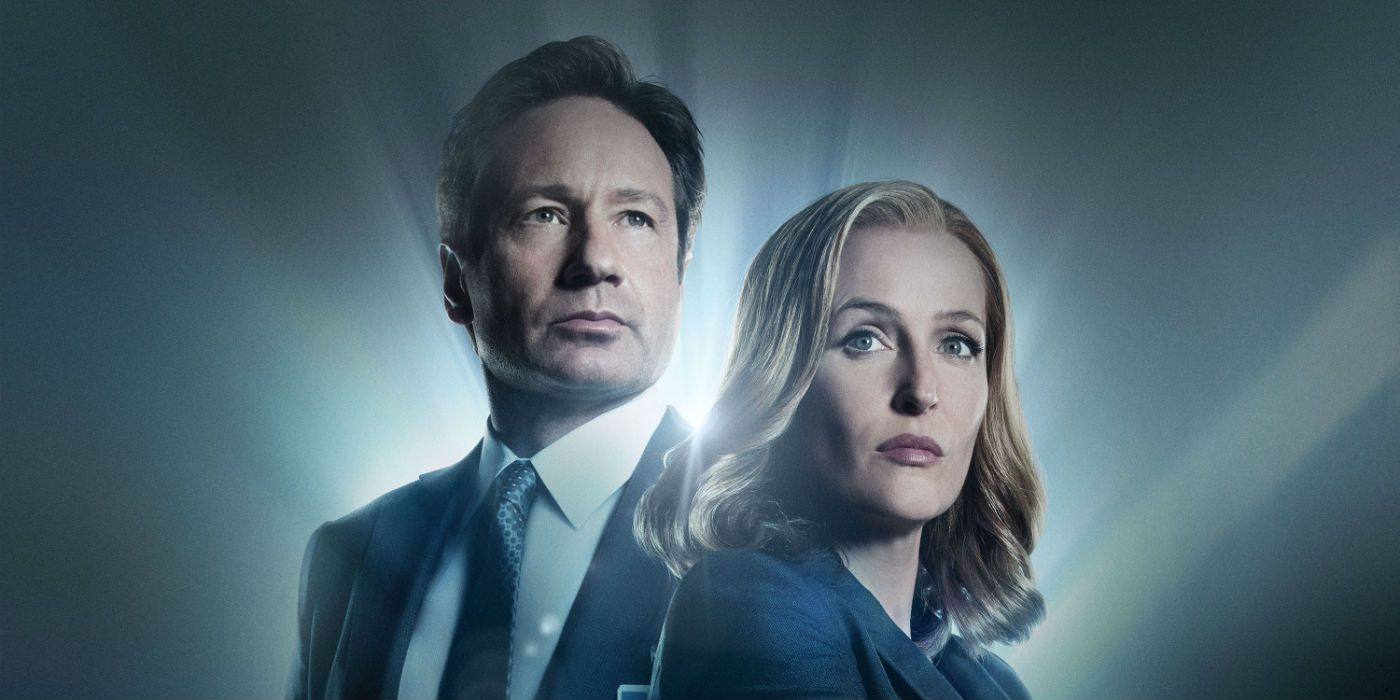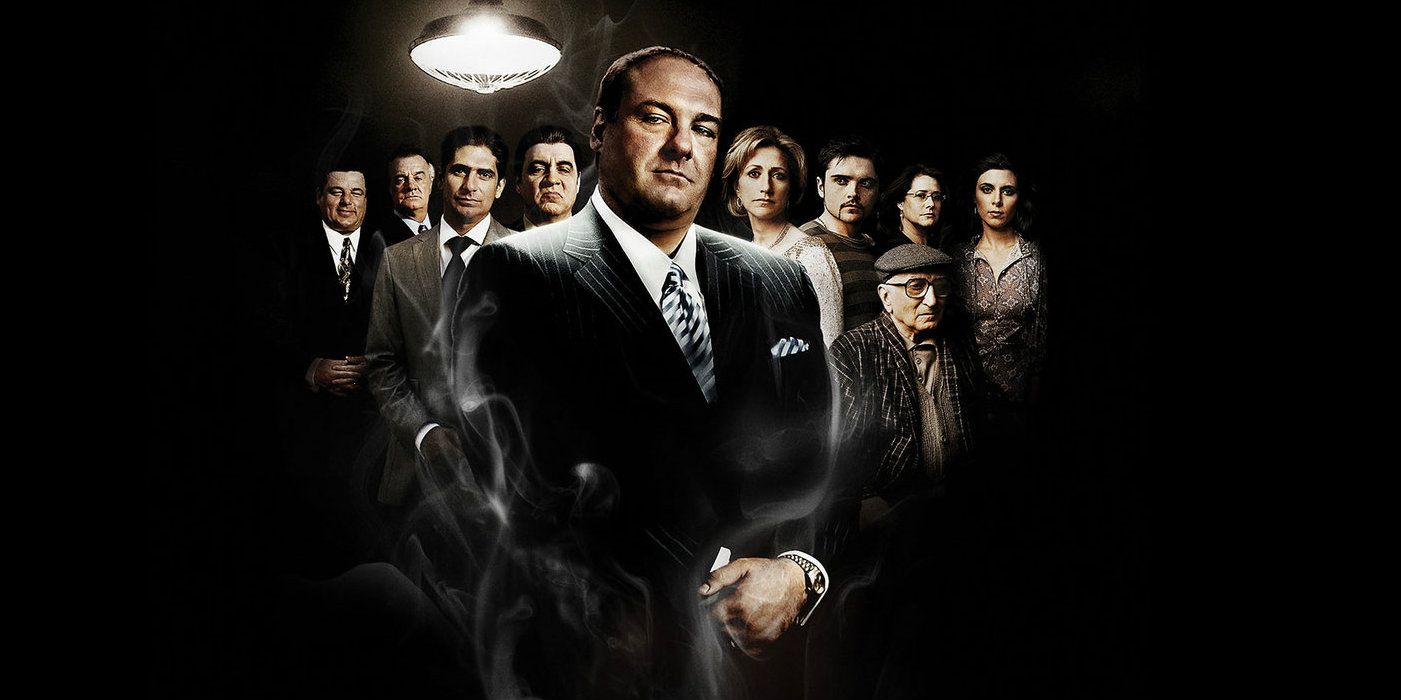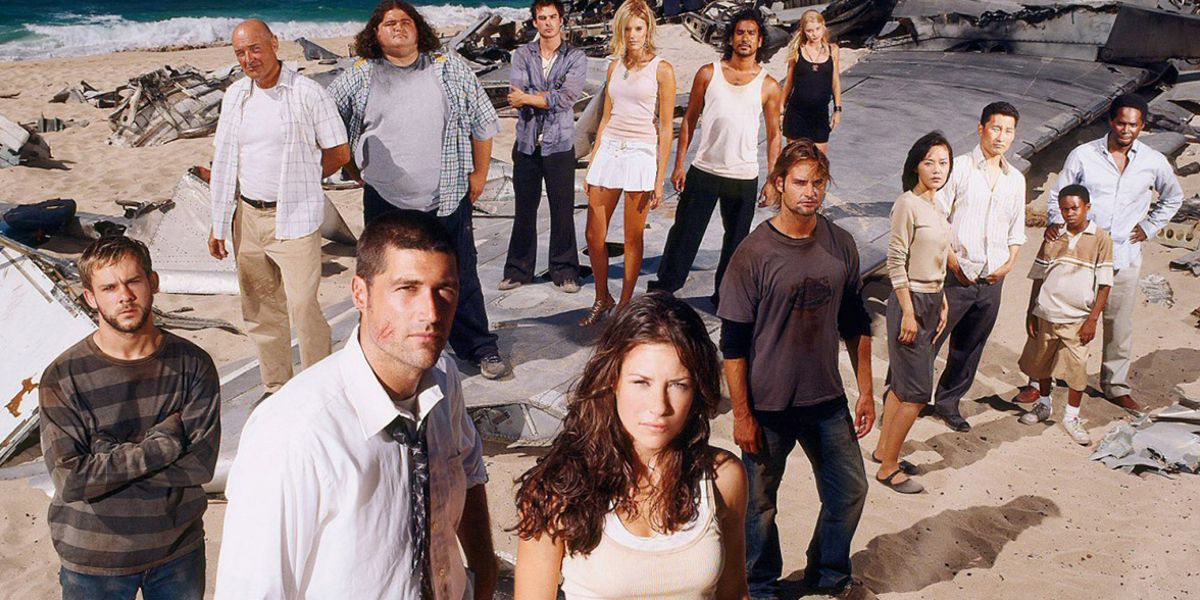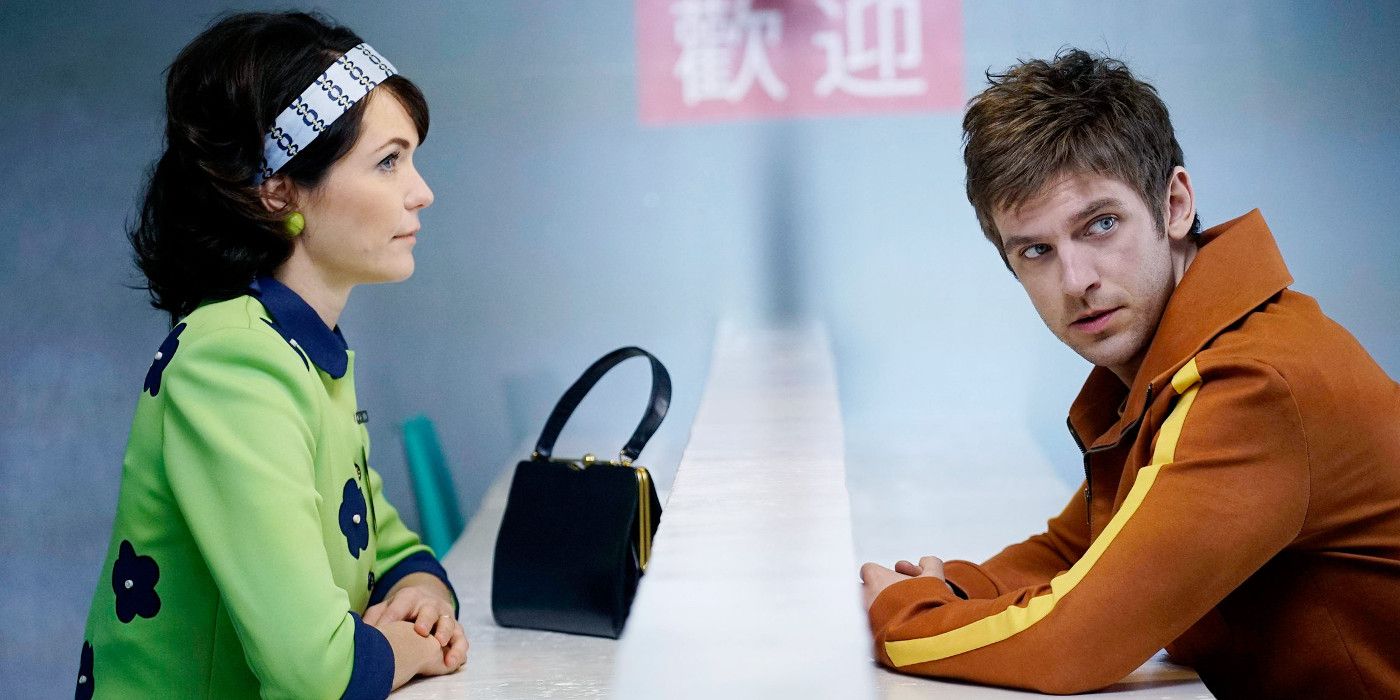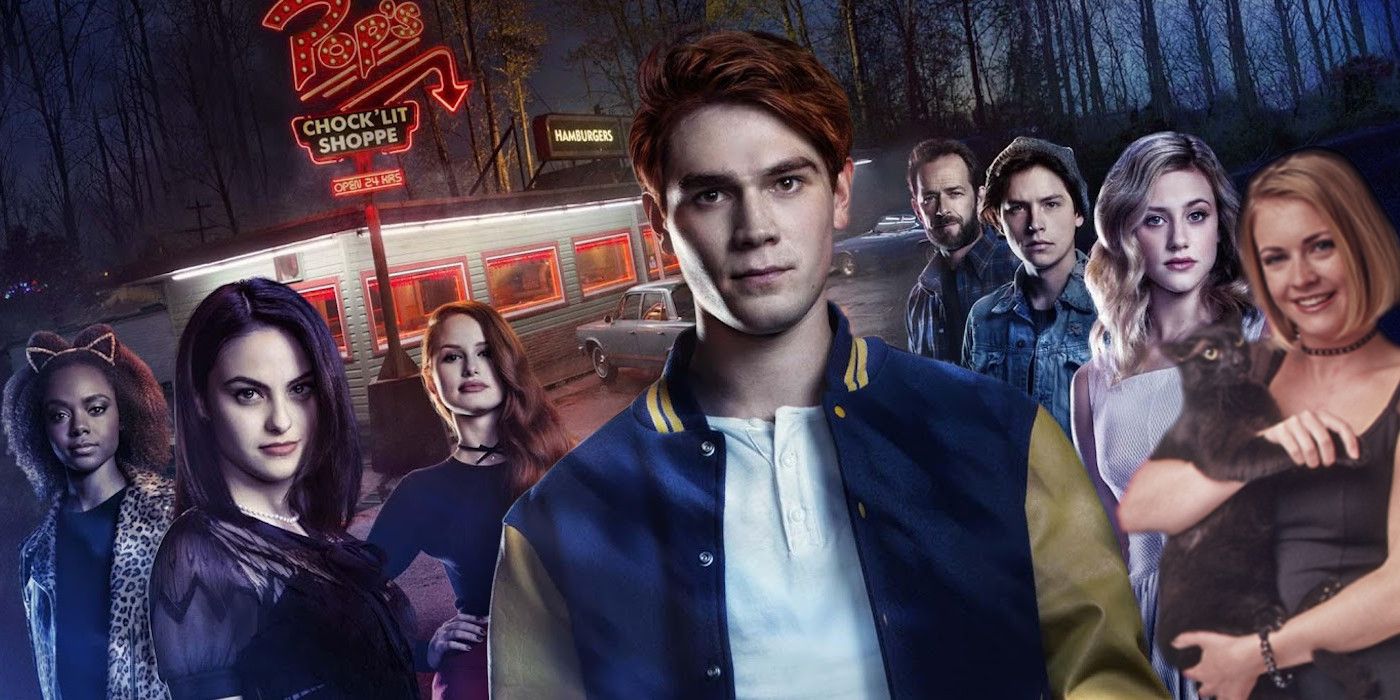Twin Peaks made its return to TV last night, a little over twenty-five years since it confused us all. Who killed Laura Palmer might have been the central mystery of the show, but in the end, that barely became the focus. Instead, the weird and wonderful multi-dimensional, paranormal world which David Lynch had created, along with the characters that inhabited that place, became the driving force behind Twin Peaks.
At the time, Twin Peaks was ground-breaking, like nothing ever seen before, and really, we’ve not seen anything exactly like it since. Lynch is a visionary; an all-encompassing director not afraid to use sound, or silence, stillness, or speed, the beautiful, or grotesque, to tell a weird and wonderful story.
Many have learned from him, tried to emulate his style or even to recreate what he has. Arguably, though, there’s only one Lynch, and to try and copy what he has achieved would be folly. However, his influence, and in particular the influence of Twin Peaks, has inspired a whole generation of TV shows. We might not have visited the town for twenty-five years, but Twin Peaks has never really left.
When Twin Peaks first came to air in 1990, American TV was filled with police procedurals shows and soap operas. The idea of a film director working on a TV show was patently absurd, and yet now, the variety of shows on our screens is vast and studded with directors, actors, and producers that have made their way over from the big screen. The X-Files came to air just two years after the end of Twin Peaks, and fans immediately picked up on the influence that the show had experienced.
Fresh from playing Denise Bryson, Agent Cooper’s transgender colleague in Twin Peaks, David Duchovny then took the role of FBI Agent, Fox Mulder. Both characters were as eccentric as the other, though in different ways. The X-Files took the start that Twin Peaks had made with paranormal activity becoming part of a wider narrative, and ran with it. They delved right into the supernatural, and audiences loved it. Like Twin Peaks, X-Files formed a strong and passionate fanbase who remained long after the show had ceased to air. Their patience has been rewarded with a revival, and another series now in the works, and Duchovny will also return to Twin Peaks as Denise
Overlapping with The X-Files came The Sopranos. Darkly humorous, The Sopranos focused on New Jersey Mob Bosses. In theory, the show existed a world away from Twin Peaks and its town Sheriffs; however, The Sopranos drew heavily on the more surreal aspects of Twin Peaks, frequently showing Tony’s bizarre dream sequences. Both shows used these surrealist moments to reflect on the inner anxieties the central characters were facing in their waking lives, though their thoughts would often manifest themselves in the strangest of ways. For Agent Cooper in Twin Peaks, this was via a red, backward taking dwarf. For Tony, it was seeing Big Pussy as a talking fish. Sopranos creator, David Chase, has often spoken about the influence Twin Peaks has had on his work, and claims that anyone making TV who says they weren’t influenced by Lynch’s work is lying.
Another hugely successful show that cites Twin Peaks as a heavy influence, is Lost. Choosing to focus on the parallel universe/ alternate timeline concepts that Lynch delivered in Twin Peaks, Lost had us all lost at various points during its six-season run. Lost also chose to focus on a central mystery as its main theme; again, something that became less important to the show as the seasons went on and the characters and storyline evolved.
Next Page: [valnet-url-page page=2 paginated=0 text='From%20Lost%20to%20Riverdale']
Twin Peaks solved its murder mystery, but the explanation was one many did not see coming. A lot of people wanted a naturalistic resolution, one grounded in reality, but that was not what Lynch was offering. Those who stayed along for the ride, found themselves opened up to a whole world of even deeper mystery and intrigue; something that played out in almost exactly the same way with Lost. In short, Lost turned out to be nuts, in the best possible way, and nothing like the show it was when it initially aired.
Twin Peaks’ surrealism came at a time when no one else was doing that sort of work unless it was a piece of avant-garde theater, or a genre specific, independent movie. Now, it’s hard to find a show that doesn’t mix things up; whether it's through a change of narrative, structure, genre, or more. Few of our popular TV shows (soaps excluded) follow the set beginning, middle, and end pattern, and that is largely due to Lynch and co-creator Mark Frost being bold enough to make that move back in 1990.
Legion and Fargo both showcase a clear Twin Peaks influence; Fargo delivers shocking violence coupled with dark humor, delivered by strong, well-written characters. The end of Fargo season two also hinted at a supernatural presence of some kind. Then there’s Legion; an X-Men spinoff, the show tells of David and his mutant powers. Stylistically, Twin Peaks’ influence is all over the show, from the extra-dimensional spaces (red room in Twin Peaks and the mind palace in Legion), to the heightened reality that both shows take place in. Noah Hawley is showrunner of Fargo and Legion, and a huge Lynch fan, and it shows.
Twin Peaks often felt as though it was a serialized movie, that should be premiering at some indie festival. Now, with its influence so keenly felt throughout shows such as Atlanta, Mr. Robot, Breaking Bad, and others, this style is usual. It’s also vastly improved the quality of TV shows on our screens; showrunners seek to make the best quality show they can, with the distinct intention for it to feel like a long running movie. With the advent of streaming services and their original content, too, this is only increased.
The advent of the internet, of box sets, binge-watching, TV on demand, has also helped Twin Peaks become far more understood and admired than it ever was. There’s an audience now for a withheld narrative and there’s the ease and means with which to discuss the subtle nuance of a scene full of silence with like-minded individuals, should we so wish, rather than only having our work colleagues or friends to talk to, who may or may not be interested. As such, Twin Peaks, and all the shows it has influenced, can take risks; be bold; and make interesting, outlandish choices - choices will be talked about, dissected, and appreciated by a wide audience who have come to expect far more from TV than we ever used to.
The most recent example of a show using Twin Peaks as an overt influence, is Riverdale. Based on the Archie Comics characters, Riverdale, like Twin Peaks, opened its show with the discovery of a body, keeping the murder mystery going throughout its first season. The show also uses a Pacific North-western town for its setting; the tall redwoods and rolling fog very much a feature. But Riverdale is also getting much darker, just as Twin Peaks did, and with the potential to introduce Sabrina the Teenage Witch into the fold, Riverdale could well end up delving into the paranormal, too.
Perhaps the strangest thing about the return of Twin Peaks, is that watching the first few episodes, feels like a game of ‘spot the influence.’ There’s the dark humor we relate to Fargo; even the South Dakota murder mystery to boot. There’s the mystery box in a New York apartment block that is reminiscent of something we might see in Lost. There’s hints of True Detective, Breaking Bad, Mad Men, and more than a touch of Legion and The X-Files. The difference is, of course, is that Lynch isn’t drawing influence from these shows. He’s merely borrowing it back.
Twin Peaks returns next Sunday @9pm on Showtime. Episodes 3 and 4 are available for subscribers on the Showtime On Demand app.

